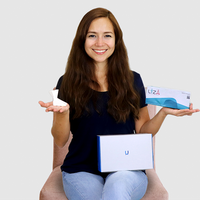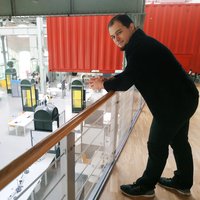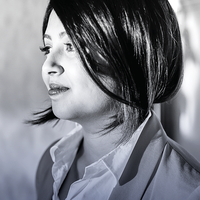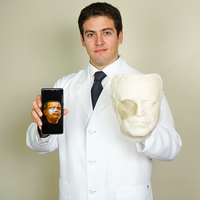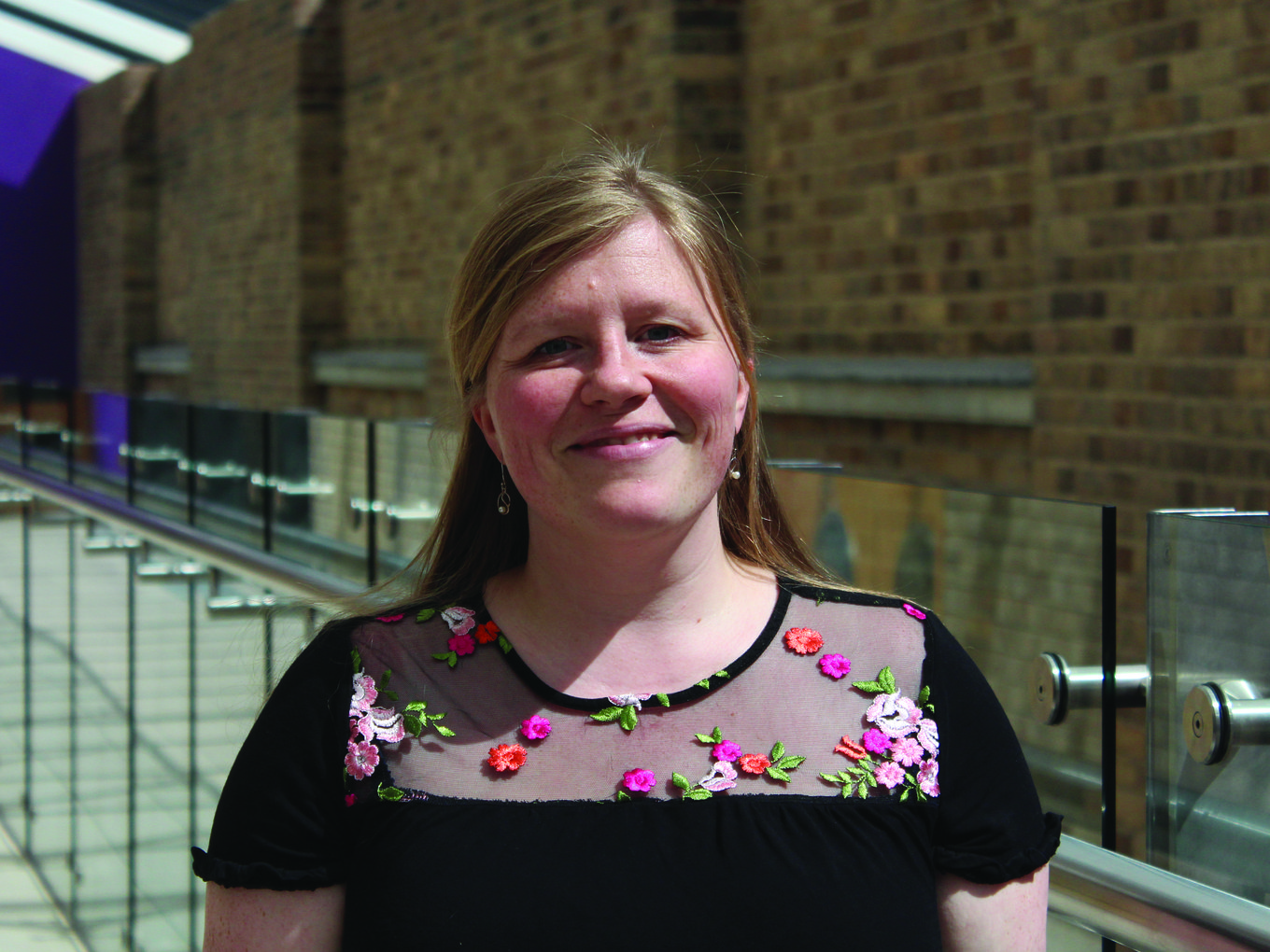In developing countries, 10% of hospitalized patients will acquire a hospital infection. In addition to the risk to their health, this infection will force them to stay longer in the hospital and increase their chances of suffering a long-term disability, which makes medical costs much higher, both for them and for the health system itself. The news is not any better in developed countries. According to the World Health Organization, 37,000 deaths in Europe and 99,000 in the US are attributable to hospital-acquired infections each year. This is a problem with no signs of improvement due to the aging of the population and a growing global threat of certain bacteria that are becoming resistant to antibiotics.
Felicity De Cogan has conceived a solution that points to one of the causes of the problem and that solution has made her one of the winners of Innovators Under 35 Europe 2018 of the MIT Technology Review. “50% of the infections are caused by contaminated surfaces”, De Cogan explains. So, this young woman decided to prevent these harmful bacteria from moving freely across tables, toilets and hospital door knobs. To kill these bacteria, De Cogan suggests using peptides (protein fragments) that can be combined with the disinfectants commonly used in hospitals. She incorporates these peptides to the plastic, metal and ceramic surfaces of the furniture and exposes them to a physical-chemical process that allows conventional antibacterial products, such as chlorhexidine, to adhere very durably to these materials.
The great advantage of this system is that the antimicrobial properties could be maintained for at least three years, despite contact with dirt, blood or cells, and the friction that occurs during cleaning protocols, which reduces the risk of infection. “Laboratory tests have shown that these surfaces can kill more than 99.99% of bacteria in less than five minutes, including strains of Staphylococcus aureus bacteria that have become resistant to several antibiotics,” she assured. In her field tests, the surface of a toilet treated before installation proved to be more than 99% effective after a year of intensive use, she added.
Another important innovation is that, for the first time, De Cogan managed to permanently adhere these antibacterial agents to steel surfaces, something that, as she explains, was believed impossible due to the non-reactivity of this metal. In order to permanently fix the antibacterial agents, she first provides a “thermal treatment” to the surfaces and then immerses them into a “catalytic bath” in which the surface is brought into contact with the chosen antimicrobial liquid.
De Cogan worked at the University of Birmingham (United Kingdom) on the design of antimicrobial titanium implants and investigated a type of peptides that penetrates the cell and act as a drug administration mechanism in eye diseases. She licensed this technology to a pharmaceutical company, but she also realized that she could get more out of it and created the new “antibacterial” versions of the peptide. “They started being exactly the same peptide and now each of them has been refined for a specific use: the first one to maximize the potential in drug delivery, the access to the tissue; and then another one, to make the antimicrobial surfaces work, to maximize their ability to kill bacteria using a wide range of disinfectants”, the young woman details.
De Cogan explains that after a clinical trial in which her team demonstrated the effectiveness of the system she decided to launch the company NitroPep, led by her as director. That same year, she also received the Royal Academy of Engineering Enterprise Fellowship. In less than 12 months, she has turned her idea into a product, raised more than 800,000 euros financing, obtained regulatory approval and made her first commercial contracts, she says.
Nuno Arantes, executive, and entrepreneur of Arantes Saúde, and member of the jury at Innovators under 35 Europe 2018, considers that De Cogan has shown “a balance between profound scientific and industrial knowledge and the entrepreneurial mindset”. The expert believes that her project is “innovative and promising to combat a serious health problem”. a
By Elena Zafra
Translation: Ana Milutinovic
